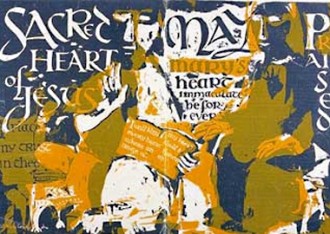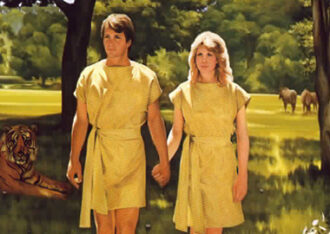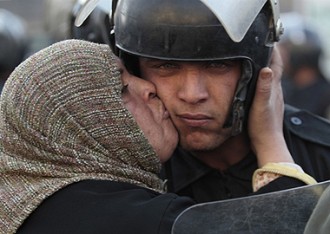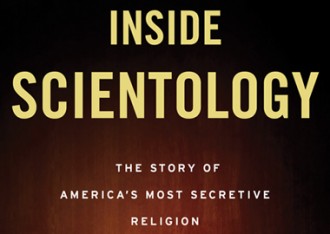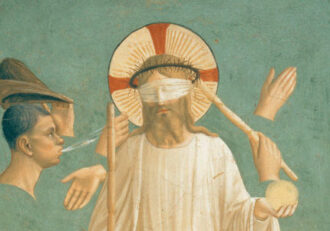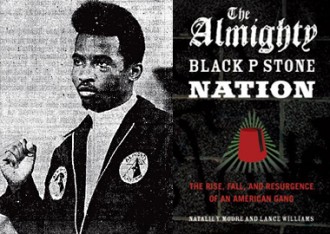Of Sports and Social Justice: An Interview with Rebecca Alpert
Among the first generation of women rabbis and among the first generation of lesbian rabbis is Rebecca Alpert. Shaped by her own teachers, including Mordecai Kaplan, who founded Reconstructionist Judaism, Alpert is currently a faculty member in religious studies at Temple University. She is also the author of books on Reconstructionist and progressive Judaism, on the place of lesbians within Judaism, and, most recently, on Jews in black baseball.
Read More



